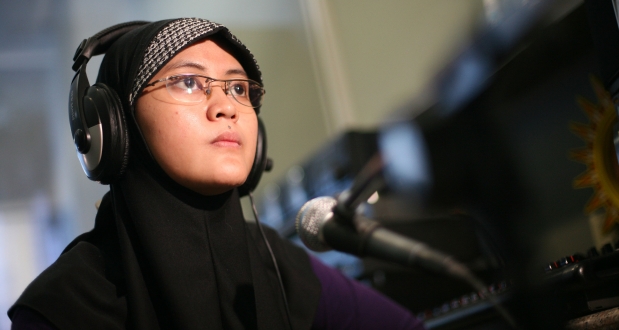- About
- Topics
- Story
- In-Depth
- Picks
- Opinion
- News
- Donate
- Signup for our newsletterOur Editors' Best Picks.Send
Read, Debate: Engage.
| March 12, 2018 | |
|---|---|
| topic: | Women's rights |
| tags: | #Kabuoch, #HIV, #violence, #sexual cleansing, #women's rights |
| located: | Kenya |
| by: | Bob Koigi |
Across the region, women have been forced to practice the so-called "widow cleansing ceremony" when their husbands have died. The ritual, which involves a woman sleeping with a relative or a hired ‘cleanser’ is meant to get rid of the impurities ascribed to her after her husband’s death. In such circumstances, women have no say. It is widely believed that this rite of passage also protects them, their children and society from evil spirits that are believed to hover around.
“If by any chance someone dies at the time you have been hesitant to undergo the cleansing, the entire community blames you and the punishment is hefty. So we have to oblige. I have lost two husbands and in each instance, I have been forced to undergo cleansing,” said 50-year-old Agatha Anido who lives with her five children.
But most of the women have not been lucky and have contracted HIV in the process. In fact, the practice has been blamed for the high prevalence of the virus in the area. Monica Amondi wasn’t very lucky. When her husband and the family’s sole breadwinner died two years ago, she found herself at the heart of a nasty family feud as relatives tried to take away her husband’s possessions. She had also vowed not to undergo the cleansing and ran away. But with four children and no meaningful income, she could only hide for a few weeks. “They insisted that in order to be allowed back to their compound I had to undergo cleansing. They wouldn’t even allow me to set foot near the family home. Desperate and with my children in tow I gave in. They got me one of the cleansers, a total stranger. It was one of the most harrowing experiences of my life, and I came out of it totally scathed”, Monica recalled.
She contracted HIV and even after being allowed back to her late husband’s home, she wasn’t allowed to inherit anything. “I was just there. Even land that I was supposed to acquire, I couldn’t. I was only allowed to farm but was reminded that the land wasn’t mine,” she said.
To spare her two daughters and the younger generation, she has joined a group of women who are working to reverse the archaic practice. Out of the 15 women, nine are HIV positive as a result of the cleansing. They meet every week, offering solace and advice to each other while preaching against the ritual to other women in their community. They have faced death threats and are sometimes attacked for speaking out, but they say there is no turning back. “I was once stripped in the road and beaten when some men realised that I was advising women against the practice. They even cursed me and told me that I would die anytime for going against the customs. My children were scared. Two years down the line, I am still here, hale and hearty. We must stop this practice otherwise our community will be wiped,” Consolata Arogo one of the leaders of the women group said.
Aware of the detrimental effects the practice has on people, the government of Kenya set out to disavow the tradition by outlawing and protecting victims of wife inheritance through the Protection against domestic violence Act in 2015. Still it goes on uninterrupted.
But even as the misogynist ritual adamantly endures, lone voices of women are slowly subduing it - if the change of perceptions by community leaders is anything to go by. The women in partnership with local not-for-profit organisations have been holding one on one meetings with local elders who are the custodians of the rituals, to get them to renege on the customs. While there are those that have remained stubbornly attached to them, more continue to support the women’s call. “We try to make them see sense in this and tell them that we risk wiping out our entire community. While most have insisted that the practice of cleansing and wife inheritance must continue, we try to get them to introduce other rituals like having a cleansing ceremony and substitute it with practices that involve sexual acts. We are glad that we are making process, albeit snail-paced”, Consolata Abuya, a project officer working with the women says.
Hezekiah Ongweng, one of the community elders in the area who has been an avid champion of the practice is slowly discarding it and is convincing fellow leaders to do likewise. “We should not be blamed for practising it because we inherited this ritual from our forefathers. However, only a fool doesn’t change their minds and we have realized that it does more harm than good to our people. That is why we have been exploring other less harmful ways of cleansing”, he said.
And even as the practice slowly ebbs away in Western Kenya, it still remains pronounced beyond Kenyan borders in Tanzania, Zambia, Nigeria, Malawi and many African countries while taking many shapes including making the widows drink the water used to wash the corpse as a sign of making them pure again.
Women empowerment including giving them a voice and choice to say no while pushing for legislation that allows them to inherit their dead husband’s properties have worked in breaking women away from the tradition.
By copying the embed code below, you agree to adhere to our republishing guidelines.
